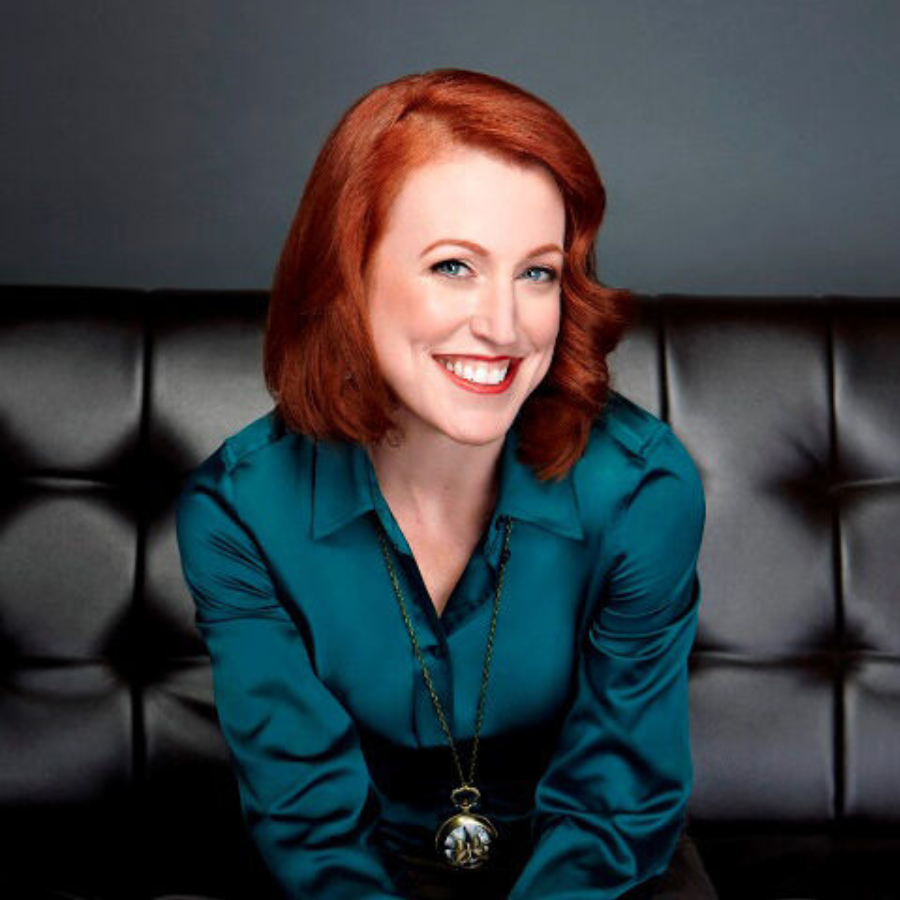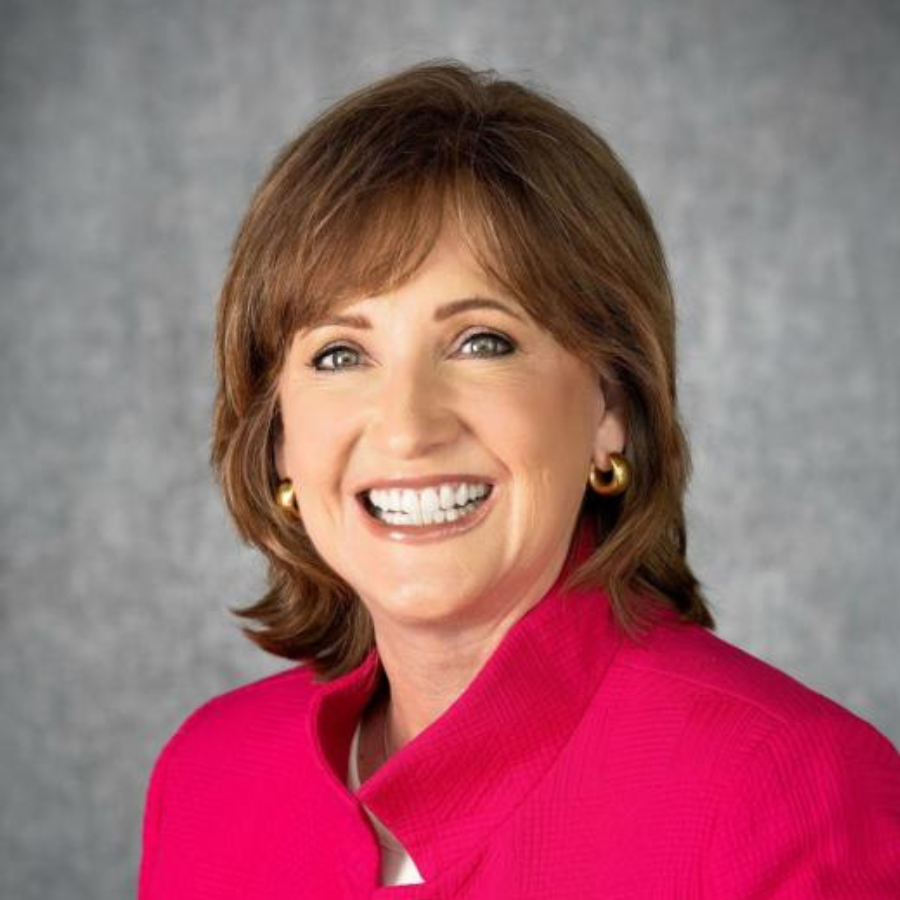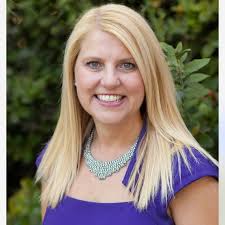The Caregiver Who Sparked a Movement

How do you turn unbearable loss into lasting impact?
Andrea Wilson Woods, patient advocate, speaker, and founder of Blue Fairy: The Adrienne Wilson Liver Cancer Association, shares the powerful legacy of her sister Adrienne’s book, I’d Rather Be Dead Than Deaf: A Young Woman’s Journey with Liver Cancer. What began as one young woman’s journal became a voice for thousands facing hepatocellular carcinoma (HCC)—one of the world’s deadliest yet most preventable cancers.
As Adrienne’s guardian and caregiver, Andrea faced a system unprepared to support young adults with cancer. Out of that heartbreak came Blue Fairy, now a national nonprofit providing education, advocacy, and emotional support for HCC patients and their families. Andrea explains how today’s targeted and immunotherapies are changing outcomes, why patient stories matter, and how caregivers can stay organized and hopeful through chaos.
This episode is a tribute to Adrienne’s courage and to every family walking the same path. It’s a reminder that even in the hardest moments, advocacy, love, and education can create real change—and that hope always has another chapter.
Highlights:
00:42 – The story behind I’d Rather Be Dead Than Deaf
Hear how Adrienne Wilson’s journals became a powerful book that gives a voice to young adults facing liver cancer.
02:15 – Why Andrea founded Blue Fairy
Learn how one sister’s loss inspired a national nonprofit that now educates, advocates, and supports HCC patients and families.
04:12 – Understanding hepatocellular carcinoma (HCC)
Discover what makes HCC one of the deadliest cancers—and why prevention and early screening are key.
06:45 – Today’s breakthroughs in liver cancer treatment
Andrea explains how targeted therapies and immunotherapies are improving both survival and quality of life.
09:03 – A caregiver’s turning point
Find out how Andrea went from feeling powerless to becoming her sister’s strongest advocate and a voice for others.
11:20 – The Blue Fairy approach to advocacy
See how education, storytelling, and community support drive real change in awareness and policy.
13:47 – Caregiver tools that make a difference
Learn Andrea’s practical “binder system” for keeping records, test results, and notes organized through treatment.
16:02 – Palliative care vs. hospice—knowing the difference
Hear Andrea’s clear explanation of these two terms and how each can improve quality of life at different stages.
18:25 – Why stories save lives
Understand how personal stories like Adrienne’s can move doctors, influence research, and inspire others to seek help sooner.
21:05 – Finding hope after loss
Andrea shares what healing looks like after grief—and how Blue Fairy continues Adrienne’s legacy through education and compassion.
Mentioned Resources:
CanCare- www.cancare.org
Book – www.cancare.org/hopebook
Blue Farey - https://www.bluefaery.org/
About the Guest:
Andrea Wilson Woods is the founder and president of Blue Faery: The Adrienne Wilson Liver Cancer Association, a nonprofit she created in memory of her sister Adrienne. A cancer caregiver, patient advocate, speaker, podcaster, and award-winning author, Andrea has turned personal loss into a mission of hope, empowering families facing liver cancer through awareness, education, and support.


